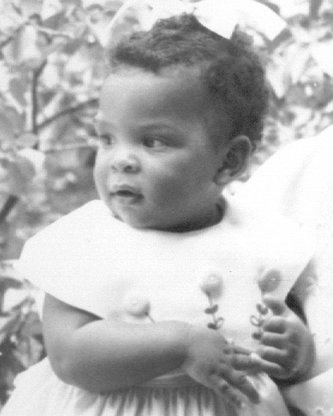The United States may be one of the most religious nations on earth but Americans know woefully little about their own religions, or the religions of others.
Religion was a purely private matter, this sad situation would matter only to religious people—to Catholics trying to raise up the next generation of priests and nuns or to evangelicals or Jews hoping to raise up their children in church or synagogue. But religion is unrelentingly public—a fixture of both American publics and international affairs, one of U.S. and world history's prime movers. So religious ignorance is a civic problem.
At home, U.S. presidents quote routinely from the Bible, and the Congressional Record is replete with references to the Good Samaritan, the Golden Rule, and Armageddon. Abroad, religion continues to move people to wage both war and peace. Neither Iran nor Iraq, India or Sri Lanka can be understood if we are blind to the effects (for good and for ill) of religion. Therefore, to choose to ignore religion (as many public school districts and colleges currently do) is to choose to ignore the real world.
In a religion quiz I give my Boston University students every year, I am told that Paul bound Isaac and Abraham was blinded on the Road to Damascus. Catholic students are unable to name even one of the Seven Sacraments of their faith. Protestant students think "God helps those who help themselves" is a Bible quote (sorry, it's Ben Franklin). And Hindu students cannot tell me even one Hindu scripture. This ignorance absents millions of Americans from religiously inflected political debates (about abortion, capital punishment, the environment), imperiling our public life.
As I argue in my new book on Religious Literacy, we need both public school courses on the Bible and the world religions and college courses in religious studies. We need both because we need to reverse the fall into religious ignorance that has led us to produce entire generations of Americans lacking in the most elemental religious literacy. We need high school courses because to say that high school students who can't name the four Gospels are educated is to tell a dangerous lie. We need college courses because to certify BA recipients who don't know the difference between Sunnis and Shiites is a scandal.
Those who have a vested interest in perpetuating the culture wars will fuss and fume when it comes to education about religion. Those on the crazy right will say that only their religion can be taught in the public schools. Those on the crazy left will say that no religion is too much. But there is a vast middle in American life, and those of us who occupy it are weary of the culture wars.
Academic instruction about religion is a project about which all reasonable Americans, however atheistic or evangelical, can and should agree.
(Posted by Stephen Prothero on March 19, 2007 11:31 AM to the WashingtonPost.Com's "On Faith" Section)

No comments:
Post a Comment